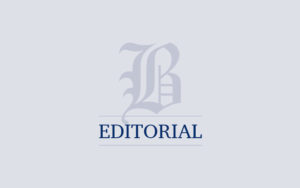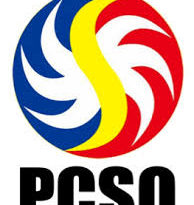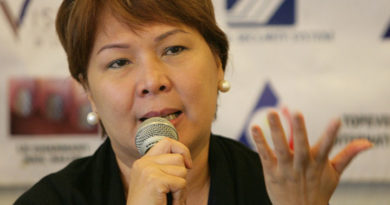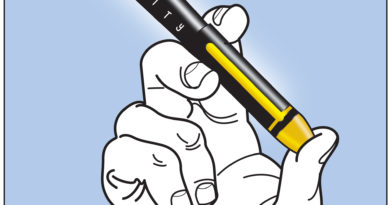EDITORIAL: NACC makes bolder calls

Despite being an independent public agency, the National Anti-Corruption Commission (NACC) has been questioned over its political impartiality many times over the past five years. While it has proceeded with cases against politicians from the ousted Pheu Thai government with speed, it has either dropped or handled at a snail’s pace cases involving the former military regime and its allies.
Its recent rulings, however, appear to be a breath of fresh air.

Last week, the NACC found grounds to charge three MPs from the ruling Palang Pracharath Party (PPRP), which is carved out of the former military regime, with wrongdoing over a graft-ridden deal to construct futsal fields at schools in the Northeast.
ADS by Cloud 9:
.
– SPACE RESERVE FOR YOUR ADVERTISEMENT –

The trio are party-list MP Virat Ratanasate, and constituency MPs for Nakhon Ratchasima — his wife Thassaneeya and her sister Thassanaporn Ketmetheekarun. They were accused of colluding with 21 people to siphon 4.4 billion baht from the 2012 MPs budget into futsal projects in 19 provinces.
During that time, Mr Virat and his wife were Pheu Thai MPs while Ms Thassanaporn was chief of a local administration office.
The NACC ruled their involvement to be “policy-oriented corruption” which violated a conflicts of interests provision of the 2007 constitution which was applicable during that time.
ADS by Cloud 9:
.
– SPACE RESERVE FOR YOUR ADVERTISEMENT –

It will forward the case within 30 days to pubic prosecutors who will then have 180 days to review it and decide whether to take it before the Supreme Court’s Criminal Division for Holders of Political Positions.
If the court accepts the case, the three MPs will be suspended from duty. If found guilty, they face imprisonment of up to 20 years and a life ban from politics.
The case exemplifies why many MPs compete to sit on committees vetting huge annual budgets. Imagine how much money might have been similarly siphoned from state coffers during past decades as governments implemented populist policies.
The NACC also came up with some other surprising rulings recently. Early this month, it concluded that there were grounds to prosecute former street protest leader Suthep Thaugsuban over the construction of 396 police stations and housing units worth 5.8 billion baht eight years ago when he was the deputy prime minister overseeing the project.
Mr Suthep is the founder of the Action Coalition for Thailand, which is a government coalition partner.
Last week, it also recommended the indictment of its deputy secretary-general Prayat Puangjumpa for being unusually rich.
The NACC’s recent rulings have earned it more credibility than its previous dubious handling of certain high-profile cases. These include its widely-criticised ruling in December last year that cleared then deputy prime minister Gen Prawit Wongsuwon of assets concealment in the luxury watch scandal. There has also been no progress in its probe into an allegation of bribes paid by Rolls-Royce executives to Thai government officials and Thai Airways’ executives to secure a deal.
Given that Mr Virat is a key PPRP figure whose son, Atirat Ratanasate, was appointed as deputy transport minister, public scepticism towards the agency may now soften somewhat.
Indeed, even though six of its nine commissioners were appointed by the former regime’s lawmakers, these recent decisions are a welcome step towards a seemingly more impartial and more independent anti-corruption watchdog.
EDITORIAL
BANGKOK POST EDITORIAL COLUMN
ADS by Cloud 9:
.
– SPACE RESERVE FOR YOUR ADVERTISEMENT –

All photographs, news, editorials, opinions, information, data, others have been taken from the Internet ..aseanews.net | [email protected]
For comments, Email to :D’Equalizer | [email protected] | Contributor









